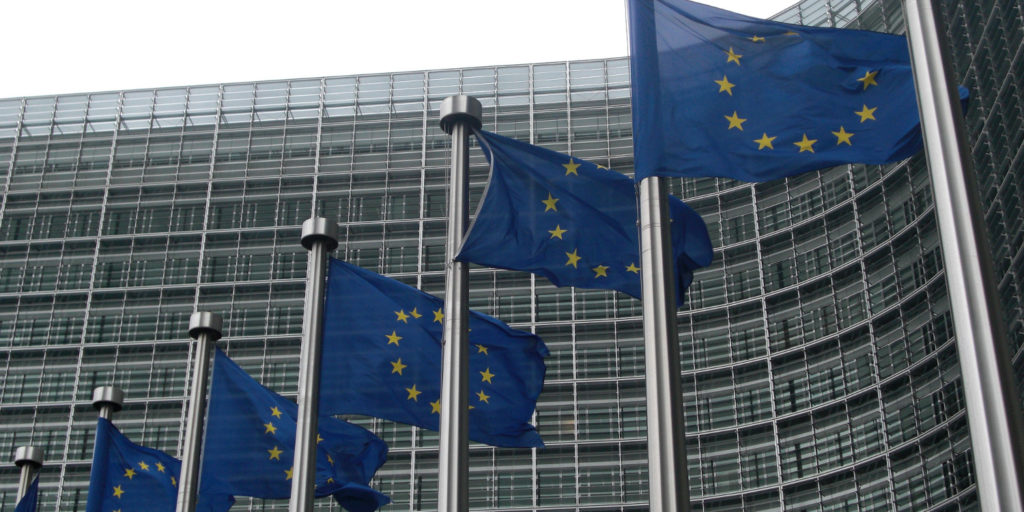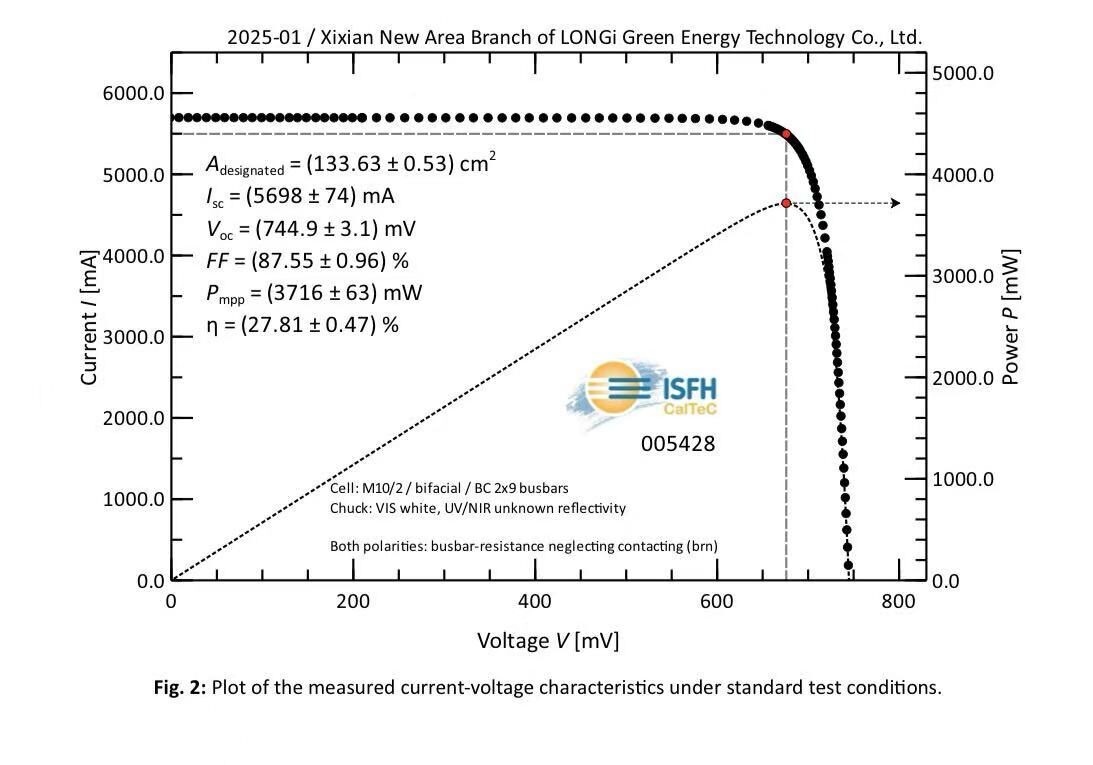Following speculation, it now appears likely that a new request for a review of the minimum price undertaking has been submitted to the EU Commission in Brussels on June 3. If confirmed, the request may prevent the existing anti-dumping and anti-subsidy duties from expiring on September 3. However, there is no official confirmation as of yet.
“As per EU law, the Commission is not supposed to comment on existence or absence of any industry requests for review or its own intention to launch such a review,” a spokeswoman for DG Trade told pv magazine in response to a request to provide an update on the matter.
If a review is launched, the Commission will publish a Notice of Initiation in the official EU Journal. Otherwise, the current measures will expire on September 3 2018, she added. Theoretically, the EU Commission also has time to decide whether to re-examine the undertaking or not.
The Dutch “Solar Magazine” reported on Wednesday that there is such a request and that the existing minimum import prices, and the anti-dumping and anti-subsidy tariffs for Chinese PV products could be extended by at least one year. The producer association, EU Prosun, which initiated the original anti-dumping and anti-subsidy measures in Europe, did not want to confirm the request for review to pv magazine.
It seems likely, however, that European PV producers are seeking to extend existing safeguards.
At the end of May, the Chinese government introduced new measures that will lead to a noticeable reduction in domestic demand. The Chinese PV manufacturers, which have built, or are continuing to build up, massive capacities in recent years, will have to look for new sales markets as a consequence.
Analysts and experts agree that the existing overcapacity will trigger a renewed cycle of falling module prices worldwide. In the U.S., President Donald Trump has responded last week by saying he may introduce an additional 25% import tax on solar cells and modules from China.
In autumn 2015, EU Prosun applied for a first phase-out audit of the minimum price undertaking at the European Commission. Finally, in March, the majority of EU member states decided to extend existing anti-dumping and anti-subsidy measures for Chinese PV products by 18 months. As a result, a gradual reduction in the minimum import price, which was initially issued separately for monocrystalline and multicrystalline products, was also confirmed.
Solarpower Europe sent a letter to EU President Jean-Claude Juncker shortly before the deadline for the application, calling for the expiry of the duties by September 3, 2018 at the latest.
The German Solar Industry Association (BSW-Solar), which has so far kept quiet on the issue, said in a letter to its members in early June, “Customs and minimum import prices are considered by many in the industry to be inappropriate. Extension of these measures should therefore be avoided as far as possible.”
However, in the course of the vote on its 10-point energy policy plan, the association still wants to supplement it with appropriate industrial policy measures for companies. As an example, export and research funding or financial security are mentioned.
This content is protected by copyright and may not be reused. If you want to cooperate with us and would like to reuse some of our content, please contact: editors@pv-magazine.com.




2 comments
By submitting this form you agree to pv magazine using your data for the purposes of publishing your comment.
Your personal data will only be disclosed or otherwise transmitted to third parties for the purposes of spam filtering or if this is necessary for technical maintenance of the website. Any other transfer to third parties will not take place unless this is justified on the basis of applicable data protection regulations or if pv magazine is legally obliged to do so.
You may revoke this consent at any time with effect for the future, in which case your personal data will be deleted immediately. Otherwise, your data will be deleted if pv magazine has processed your request or the purpose of data storage is fulfilled.
Further information on data privacy can be found in our Data Protection Policy.